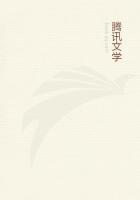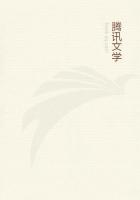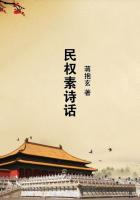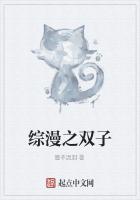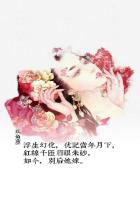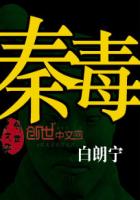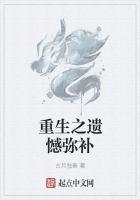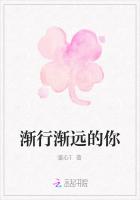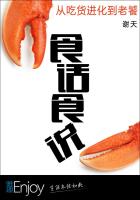MEDICINE AND MAGIC
THERE are few tasks at once so instructive and so fascinating as the tracing of the development of the human mind as manifested in the evolution of scientific and philosophical theories.
And this is, perhaps, especially true when, as in the case of medicine, this evolution has followed paths so tortuous, intersected by so many fantastic byways, that one is not infrequently doubtful as to the true road.
The history of medicine is at once the history of human wisdom and the history of human credulity and folly, and the romantic element (to use the expression in its popular acceptation) thus introduced, whilst making the subject more entertaining, by no means detracts from its importance considered psychologically.
To whom the honour of having first invented medicines is due is unknown, the origins of pharmacy being lost in the twilight of myth.
OSIRIS and ISIS, BACCHUS, APOLLO father of the famous physician AESCULAPTUS, and CHIRON the Centaur, tutor of the latter, are among the many mythological personages who have been accredited with the invention of physic. It is certain that the art of compounding medicines is extraordinarily ancient. There is a papyrus in the British Museum containing medical prescriptions which was written about 1200 B.C.;and the famous EBERS papyrus, which is devoted to medical matters, is reckoned to date from about the year 1550 B.C. It is interesting to note that in the prescriptions given in this latter papyrus, as seems to have been the case throughout the history of medicine, the principle that the efficacy of a medicine is in proportion to its nastiness appears to have been the main idea. Indeed, many old medicines contained ingredients of the most disgusting nature imaginable:
a mediaeval remedy known as oil of puppies, made by cutting up two newly-born puppies and boiling them with one pound of live earthworms, may be cited as a comparatively pleasant example of the remedies (?) used in the days when all sorts of excreta were prescribed as medicines.[1]
[1] See the late Mr A. C. WOOTTON'S excellent work, _Chronicles of Pharmacy_(2 vols, 1910), to which I gladly acknowledge my indebtedness.
Presumably the oldest theory concerning the causation of disease is that which attributes all the ills of mankind to the malignant operations of evil spirits, a theory which someone has rather fancifully suggested is not so erroneous after all, if we may be allowed to apply the term "evil spirits" to the microbes of modern bacteriology. Remnants of this theory (which does--shall I say?--conceal a transcendental truth), that is, in its original form, still survive to the present day in various superstitious customs, whose absurdity does not need emphasising:
for example, the use of red flannel by old-fashioned folk with which to tie up sore throats--red having once been supposed to be a colour very angatonistic to evil spirits;so much so that at one time red cloth hung in the patient's room was much employed as a cure for smallpox!
Medicine and magic have always been closely associated.
Indeed, the greatest name in the history of pharmacy is also what is probably the greatest name in the history of magic--the reference, of course, being to PARACELSUS (1493-1541). Until PARACELSUS, partly by his vigorous invective and partly by his remarkable cures of various diseases, demolished the old school of medicine, no one dared contest the authority of GALEN (130-_circa_ 205)and AVICENNA (980--1037). GALEN'S theory of disease was largely based upon that of the four humours in man--bile, blood, phlegm, and black bile,--which were regarded as related to (but not identical with) the four elements--fire, air, water, and earth,--being supposed to have characters similar to these. Thus, to bile, as to fire, were attributed the properties of hotness and dryness;to blood and air those of hotness and moistness; to phlegm and water those of coldness and moistness; and, finally, black bile, like earth, was said to be cold and dry. GALEN supposed that an alteration in the due proportion of these humours gives rise to disease, though he did not consider this to be its only cause; thus, cancer, it was thought, might result from an excess of black bile, and rheumatism from an excess of phlegm.
Drugs, GALEN argued, are of efficiency in the curing of disease, according as they possess one or more of these so-called fundamental properties, hotness, dryness, coldness, and moistness, whereby it was considered that an excess of any humour might be counteracted; moreover, it was further assumed that four degrees of each property exist, and that only those drugs are of use in curing a disease which contain the necessary property or properties in the degree proportionate to that in which the opposite humour or humours are in excess in the patient's system.
PARACELSUS' views were based upon his theory (undoubtedly true in a sense) that man is a microcosm, a world in miniature.[1] Now, all things material, taught PARACELSUS, contain the three principles termed in alchemistic phraseology salt, sulphur, and mercury.
This is true, therefore, of man: the healthy body, he argued, is a sort of chemical compound in which these three principles are harmoniously blended (as in the Macrocosm) in due proportion, whilst disease is due to a preponderance of one principle, fevers, for example, being the result of an excess of sulphur (_i.e_. the fiery principle), _etc_. PARACELSUS, although his theory was not so different from that of GALEN, whose views he denounced, was thus led to seek for CHEMICAL remedies, containing these principles in varying proportions; he was not content with medicinal herbs and minerals in their crude state, but attempted to extract their effective essences; indeed, he maintained that the preparation of new and better drugs is the chief business of chemistry.
[1] See the "Note on the Paracelsian Doctrine of the Microcosm" below.

